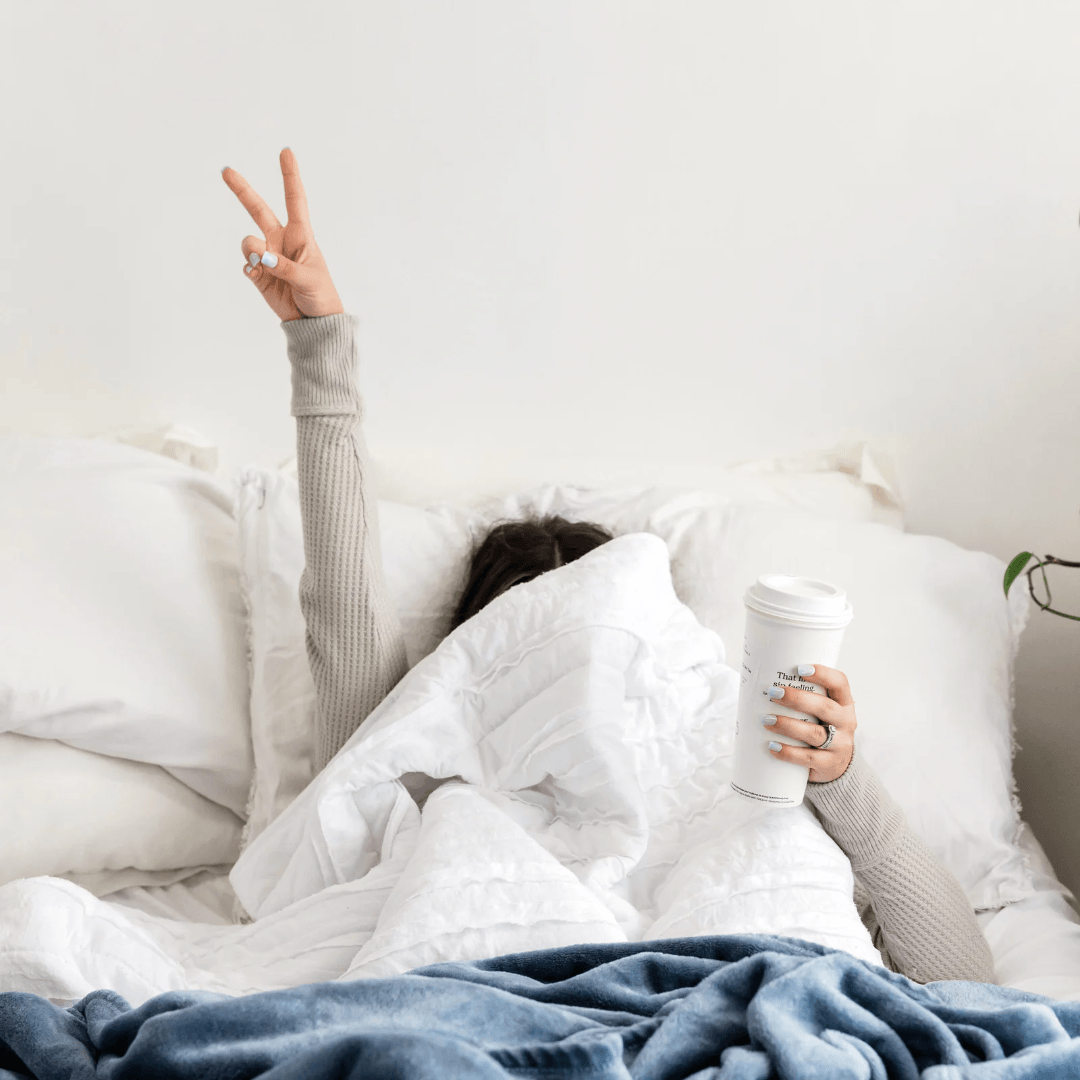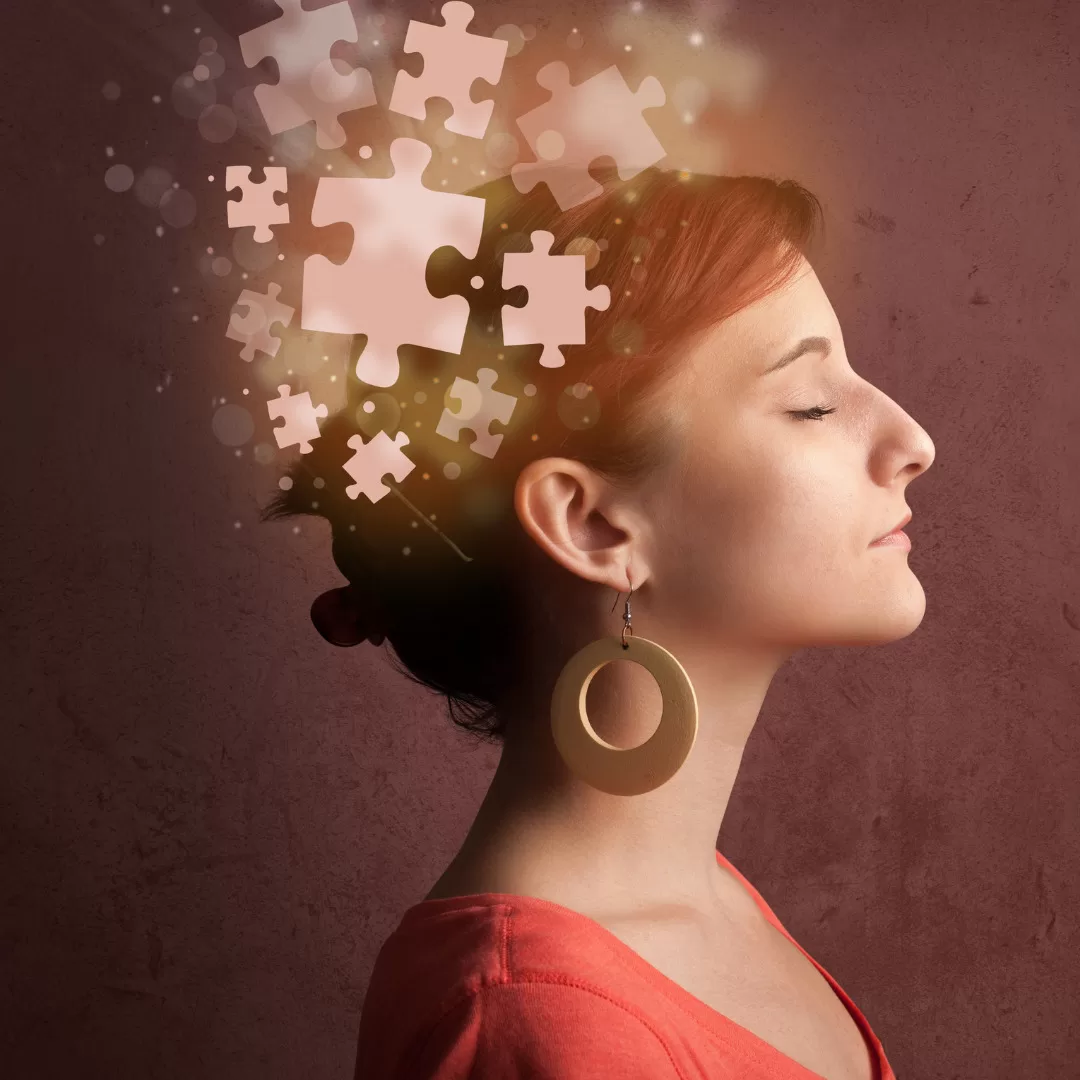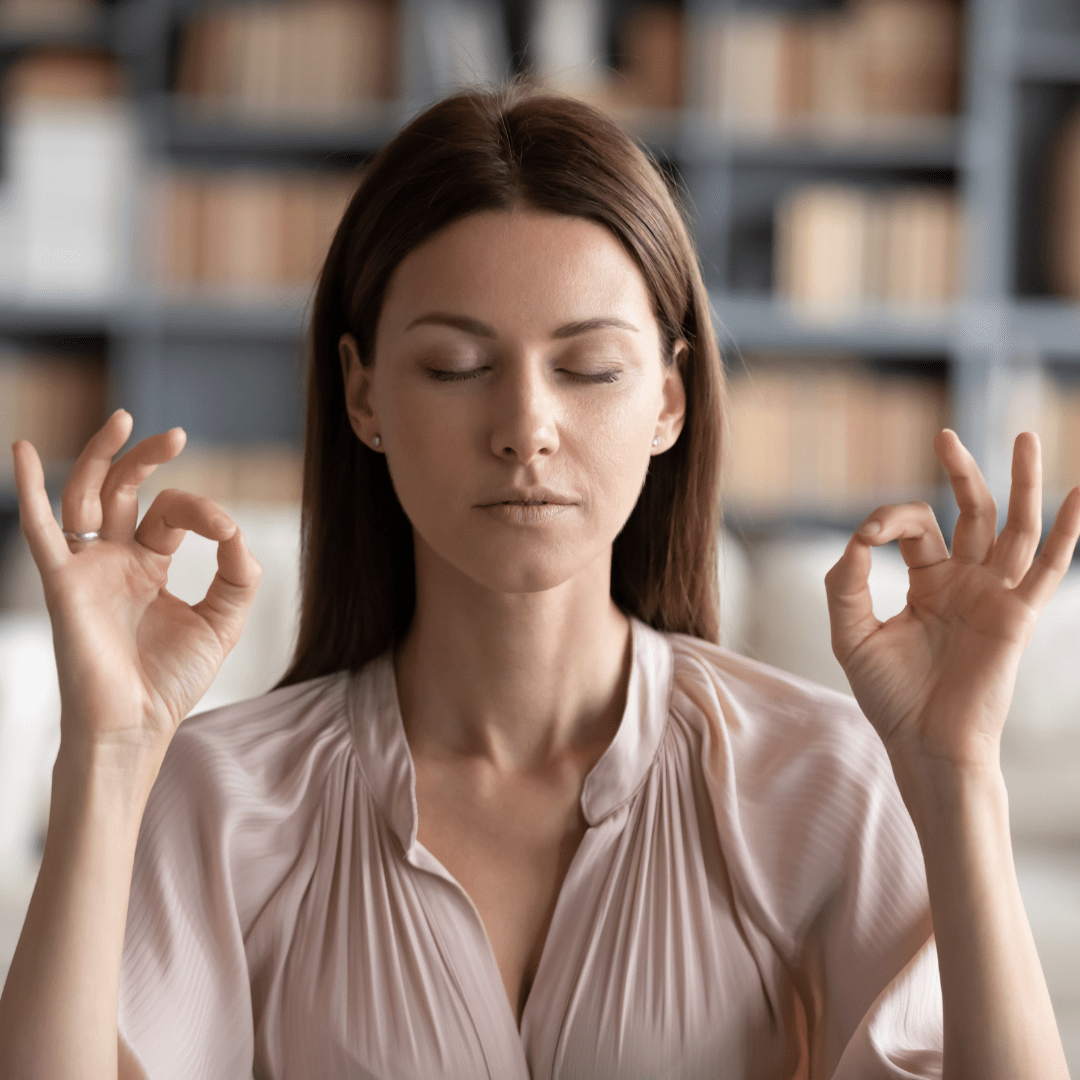Are you getting enough deep, restful sleep each night? Do you frequently wake up feeling exhausted instead of well-rested? How to sleep better naturally and with ease using mindfulness techniques?
We all need sleep to stay healthy and functioning at our best. Today’s technology, stress and life demands are more demanding than ever, making it a challenging situation. The good news is, mindfulness techniques can help us get better quality sleep and improve our overall health.
Mindfulness is the practice of being present at the moment without judgement. It can be used to relieve stress and anxiety, as well as help people cope with difficult emotions. Scientific studies have proven that it can assist in falling asleep faster and deepen relaxation for a better night’s sleep. This article discusses how you can use mindfulness techniques to enhance your sleep quality and achieve a deep and restful slumber.
Introduction
Mindfulness techniques can be a great way to improve your sleep and reduce feelings of stress. By practicing mindful exercises such as deep breathing, yoga, and meditation, you can quiet your mind and relax your body. These actions can help soothe your nervous system and reduce tension in your muscles, allowing for a better night’s rest. Additionally, mindfulness can reduce repetitive thoughts that may keep you up at night. Practicing mindful self-care is crucial for overall health improvement, both physically and emotionally. A good starting point is to improve sleep.
Definition of Mindfulness
Mindfulness is the practice of being aware and present at the moment with an attitude of openness, curiosity, and non-judgment. It has its roots in Buddhism and can be done through mantras and daily meditation. Practicing mindfulness helps us to better understand our thoughts, feelings and emotions. Additionally, it increases our capacity for self-awareness and reflection. Moreover, by staying mindful we are able to regulate our emotions more effectively which leads to improved well-being. Mindfulness can also help us connect more deeply with others as it allows us to stay attentive even when we feel emotions such as stress or anxiety that might otherwise distract us from connecting on an emotional level.
Importance of Sleep
Sleep is essential to the physical and mental well-being of humans. It helps the body repair itself and enables us to stay alert and perform optimally throughout the day. Additionally, sleep helps to reduce stress, and improve concentration, mood and memory. A lack of sleep can cause serious health problems like obesity, heart disease, depression and diabetes, as well as pose safety risks by impairing our coordination and reaction time. Therefore, getting enough quality sleep every night is an important part of a healthy lifestyle.
Sleep Better with Mindfulness Techniques
In this article, we will be exploring different techniques to apply mindfulness for better sleep. Mindfulness can help reduce physical and psychological worries, center our emotions on the present moment and improve overall focus. We will explore ways to use mindful breathing, visualization, gratitude, journaling and relaxation exercises to achieve better sleep. By using these techniques in combination with sticking to a routine sleep schedule and getting enough exercise throughout the day, you may find yourself feeling well-rested each morning.
The Connection Between Mindfulness and Sleep
It has been established that there is a strong connection between mindfulness and sleep. Those who practice mindfulness techniques tend to report better quality sleep with more restorative events like deep REM cycles that are linked to improved mental health and better functioning. Mindful activities can help us relax our body and mind, enabling us to reduce the stress we experience during the day which can contribute to difficulty sleeping. Through mindfulness, individuals learn how to observe their thoughts without judgment which can have a positive effect on mood, allowing for more restful sleep patterns. As well as helping to promote relaxation and good sleep, mindfulness can also assist in developing healthy coping mechanisms for dealing with life’s difficulties.
Explanation of how mindfulness affects sleep
Mindfulness has been shown to have a positive effect on our ability to sleep. Research indicates that practicing mindfulness can improve the quality and quantity of our sleep. Mindfulness helps us slow down and relax at night, enabling better quality sleep. By reducing racing thoughts and anxieties, it decreases cortisol levels, which helps promote restful sleep. Additionally, mindfulness helps prepare the body for rest by calming the nervous system—thoughts of gratitude can reduce symptoms associated with insomnia and chronic stress. All these effects of mindfulness result in an improved capacity for relaxation and overall better-quality sleep.
Importance of mindfulness for good sleep hygiene
Mindfulness is essential for good sleep hygiene as it helps quiet the mind and create calmness, promoting relaxation and enhanced awareness. Mindful practices such as lifestyle changes and mindfulness meditation can help with stress reduction, relaxation, and improved mindful awareness. By using mindful practice to reconnect with ourselves, develop greater self-awareness, and clear away any negative thought patterns, we can better prepare our minds for a good night’s sleep. Additionally, mindfulness can also be used to help us recognize when we are having trouble sleeping due to stress or other issues that require our attention. In combination with lifestyle changes such as maintaining a regular bedtime routine and other good habits related to better sleep hygiene, mindfulness offers an excellent tool towards improving our overall health and well-being.
Mindfulness Techniques for Better Sleep
Mindfulness techniques are a great way to improve your sleep quality naturally without the use of medications! Insomnia and disrupted sleep can be reduced by regular mindfulness practice as well as anxiety and stress reduction. Practicing mindfulness can also help you relax physically, as well as mentally. Some of these techniques are mentioned below.
Deep Breathing Exercises
Regularly practicing deep breathing exercises is a key component of mindfulness practices. It has numerous benefits for both physical and mental health, such as promoting relaxation, enhancing alertness, and reducing stress. In addition, it increases oxygen intake which can boost energy levels and reduce fatigue. Deep breathing also helps to quieten the mind, reducing anxious or negative thoughts, as well as calming emotions such as anger or depression. Additionally, deep breathing activates the parasympathetic nervous system which sends signals to your body that you are safe, leading to a further reduction in feelings of stress and tension.
Body Scan Meditation
Body scan meditation is a technique that can help people become more mindful and increase their self-awareness. This practice involves intentionally shifting your focus to different parts of your body, often from head to toe, while noticing the sensations that arise in each place. It encourages relaxation, can reduce stress and anxiety, stimulate feelings of calmness and well-being, and promote healthier sleep. With regular practice, one may cultivate greater resilience in the face of life’s many challenges.
Loving-Kindness Meditation
Loving-kindness meditation is a type of meditation which focuses on cultivating love and compassion, not only for oneself but also towards others in the world. This practice typically involves repeating certain phrases or mantras such as “May I be happy”, “May all beings be happy” and “May everyone in this world find peace and joy”. By doing so, it creates a feeling of openness and kindness towards all living beings. Additionally, this type of meditation has been proven to improve one’s overall mental health as well as manage anxiety, depression and stress.
Progressive Muscle Relaxation
Progressive Muscle Relaxation is a widely-used technique for managing stress, reducing tension and improving overall relaxation. It involves focusing on tensing and then releasing different muscle groups in your body, beginning with the feet and proceeding up to the head. As each muscle group is tensed and released, you focus on the sensation of relaxation that follows the tension. This allows your mind and body to become deeply relaxed, helping you enjoy greater emotional well-being and physical health. You can use progressive muscle relaxation as a standalone tool or combine it with other practices like yoga or meditation.
Guided Visualization
Guided visualization is a highly effective method for promoting relaxation, reducing stress levels, and enhancing mindfulness of emotions. This technique involves guiding individuals through imaginary scenarios, experiences, or internal dialogues to help them relax and calm their minds. The process allows you to tap into your subconscious mind and tap into untapped resources and imagination. By taking the time to practice these guided visualizations and properly integrate them into daily activities, people can increase their ability to cope with difficult emotions and make better decisions.
Incorporating Mindfulness into Your Sleep Routine
Mindfulness can not only help you sleep better, but it can also improve the quality of your life. Here you will see how you should do it:
Setting a Bedtime Routine
Establishing a healthy bedtime routine can have many positive benefits, including helping you fall asleep faster and more easily, getting more restorative sleep, and improving your overall well-being. To promote relaxation before sleep, a good bedtime routine: bath/shower, reading, journaling, and calming music. Making sure that you are in a cool, dark environment is also important for quality sleep. Finally, limiting exposure to blue light from TVs and computers before bed can help keep your mind alert and ready for the day ahead. Setting up a relaxing bedtime ritual can ensure that you get the restful sleep needed to function at your best each day.
Establishing a Sleep Environment
Establishing a sleep environment for yourself is key for getting a good night’s rest. Having the right temperature, curtains and sounds are important to make sure your bedroom creates the perfect sleeping atmosphere. If possible, reduce the amount of light and noise in your bedroom by keeping the room dark and having different white noise options handy. Adjusting your thermostat can help your body naturally relax before bedtime while heavy or blackout curtains can block out any unnecessary or extra light that could disrupt your sleep cycles. To get restorative sleep each night, establish a sleep environment that supports it.
Limiting Stimulation Before Bedtime
Limiting stimulation can be beneficial to a person’s overall quality of sleep patterns. Curtail stimulating activities like playing video games, watching TV, or using computers or phones in the evening hours to get a more peaceful night’s sleep. Turn off electronics an hour before bed, keep the room dark, and relax with a book or calming music. Getting regular physical activity during the day also helps improve overall sleep quantity and quality.
Sticking to a Regular Sleep Schedule
Having a regular sleep schedule helps you feel more alert and productive during the day. It is important to stick to your sleep routine as much as possible, even on weekends. It promotes proper alignment of your body’s clock for a restful sleep each night. When it comes to staying healthy, getting enough sleep is essential. When your body gets the rest it needs, it can focus on repairing itself so you have more energy throughout the day and help prevent diseases like diabetes and heart disease.
Conclusion
In conclusion, mindfulness is a powerful tool for promoting better sleep. Mindfulness helps you wind down and prepare for sleep by allowing you to focus on the present moment and be aware of your thoughts and feelings.
If you’re struggling with sleep, we encourage you to try incorporating mindfulness into your sleep routine. Deep breathing exercises, body scan meditation, and progressive muscle relaxation can help you feel relaxed before bedtime.
Mindfulness improves awareness and focuses on the present moment, leading to better sleep and a revitalized feeling upon waking. Whether experienced or new to it, adding mindfulness to your bedtime routine can lead to improved health and wellness.












